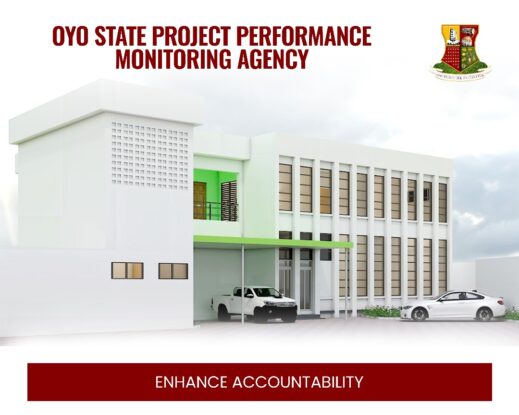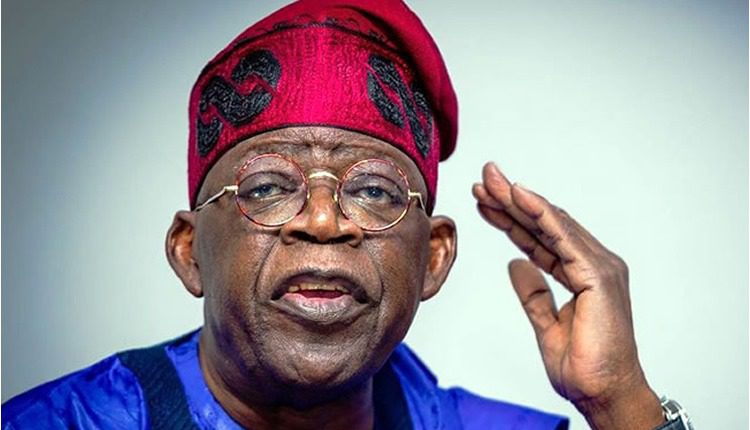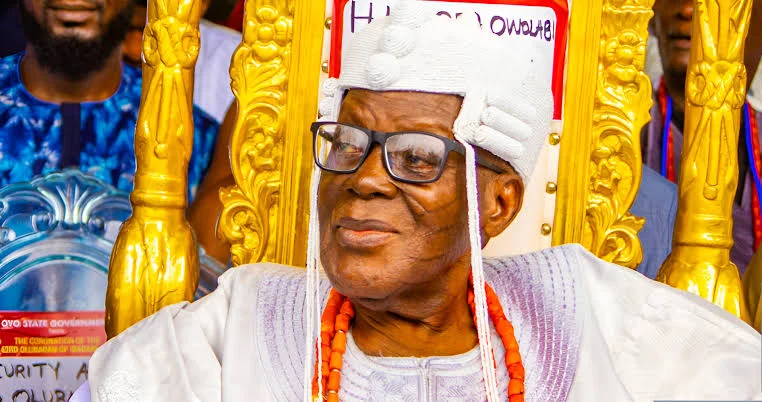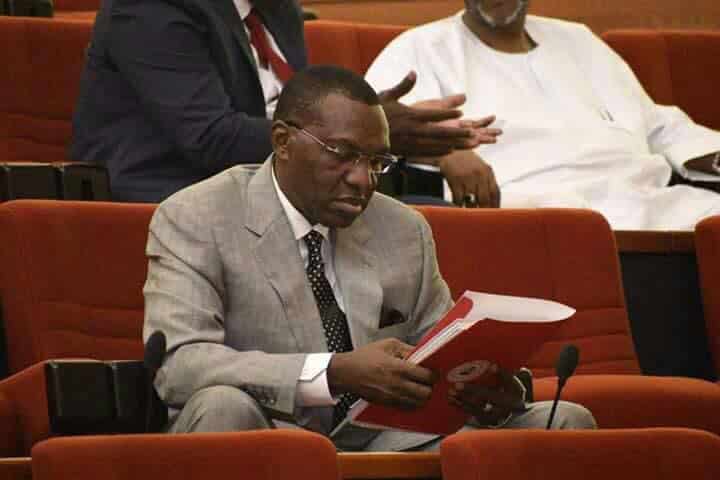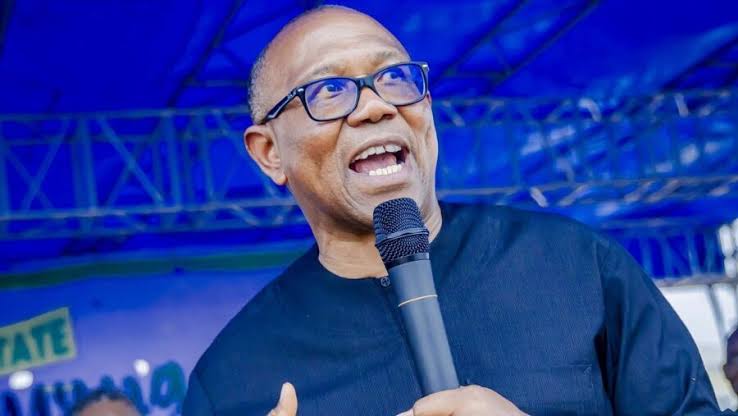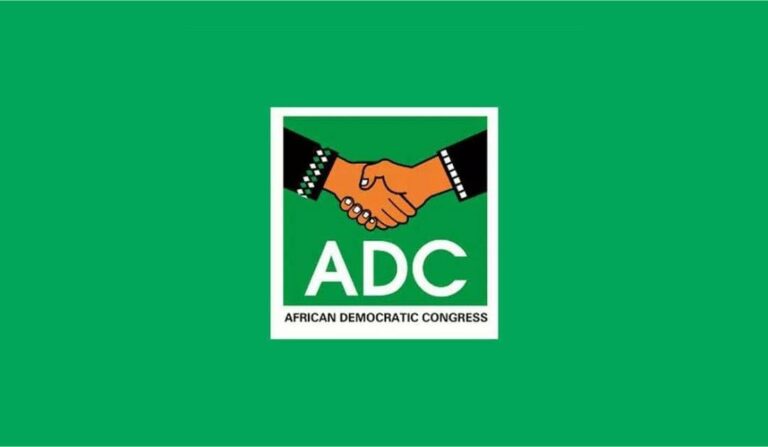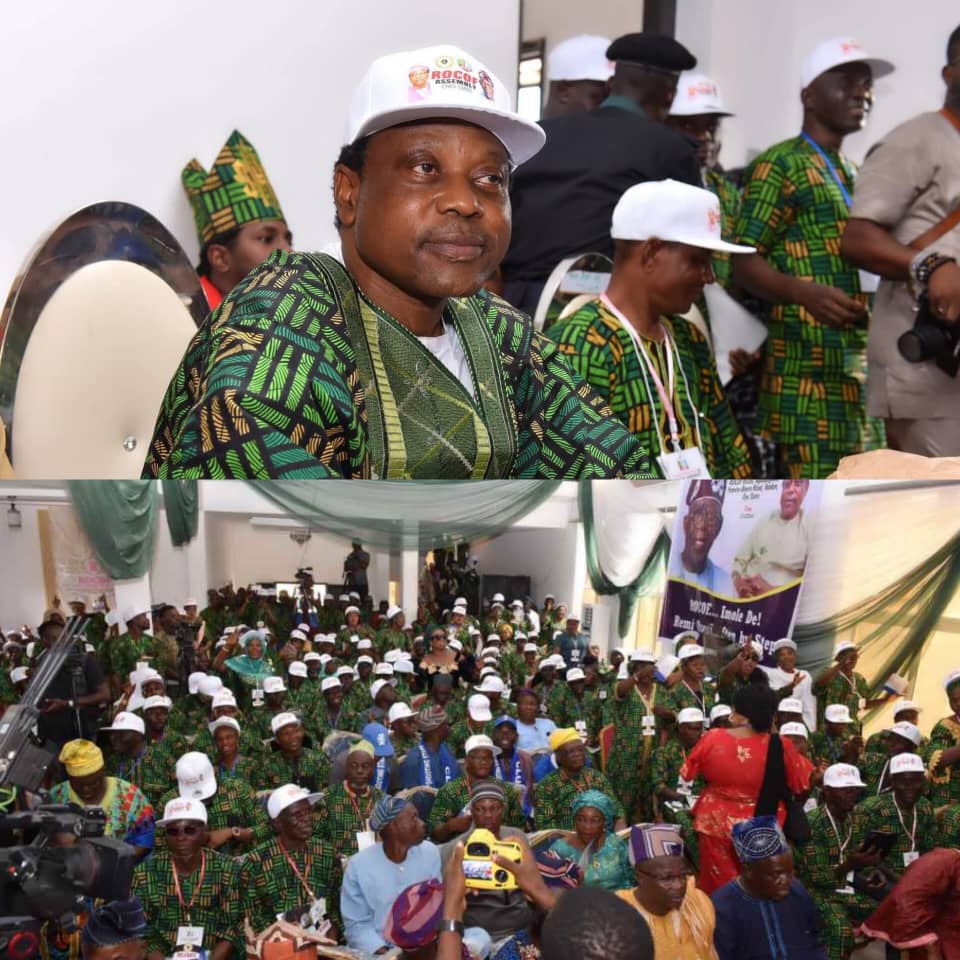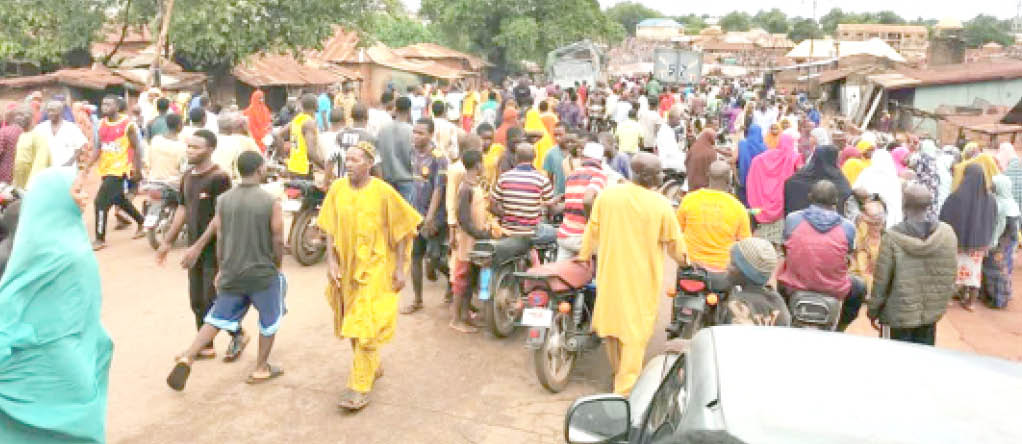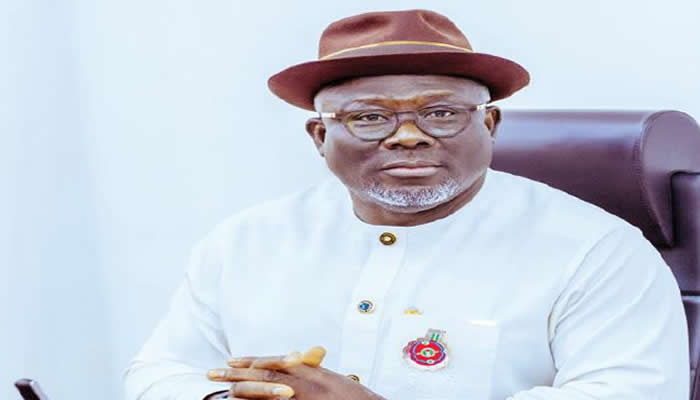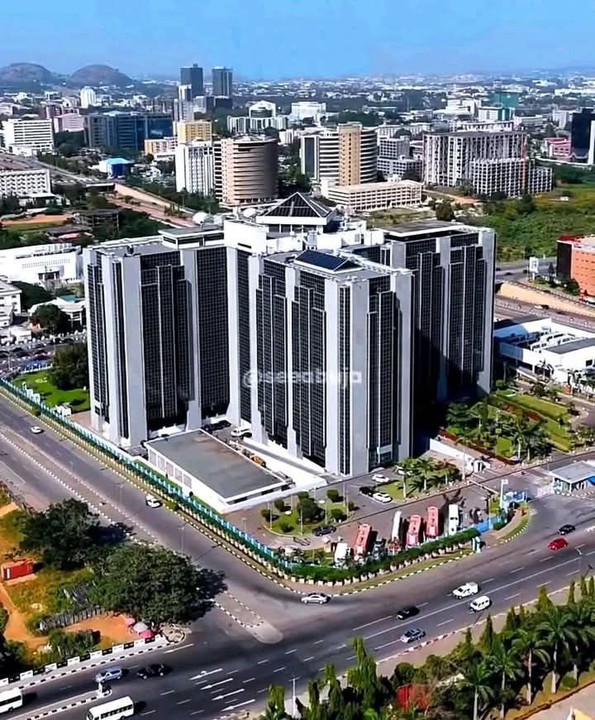Nigeria To Regain Biggest African Economy Position After Rebased GDP
The National Bureau of Statistics (NBS) will release the rebased Gross Domestic Product (GDP) figures this week, Daily Trust has learnt.
According to sources, the report would encapsulate new information with the base year for calculating the size and structure of the economy updated to 2024.
This may push Nigeria’s economy to being the biggest economy in Africa.
Recall that the last GDP rebasing, conducted in 2014 pushed Nigeria’s economy to be the largest on the continent, beating South Africa to the spot.
The source also said it will capture more sectors and activities that were previously underrepresented especially within the informal economy.
Daily Trust reports that the rebasing exercise, the first since 2014, has been carried out using updated methodology aligned with international best practices.
“The revised framework places strong emphasis on capturing measurable activities in the informal sector, which accounts for a large portion of economic activity in Nigeria. I believe this will make Nigeria retain back the biggest economy in Africa,” the source said.
Recall that the bureau had earlier in the year postponed the launch of the report. This was due to opposition from some quarters in the country.
But the Statistician-General of the Federation, Prince Adeyemi Adeniran, highlighted efforts by the NBS to sensitize key stakeholders ahead of the release.
According to him, the Bureau had conducted a series of technical workshops and engagement sessions with data users, development partners, economic experts and policy stakeholders to deepen understanding of the rebasing process and its implications.
The rebasing exercise may reflects the evolution of Nigeria’s economy and incorporates recent economic realities. It may also say more than the size of the GDP, but about providing more accurate and comprehensive data for policy formulation and investment decisions- an insider familiar with the process said.
The upcoming release is expected to drive renewed discourse around the structure of the Nigerian economy, its growth prospects, and the credibility of macroeconomic indicators in national planning.

